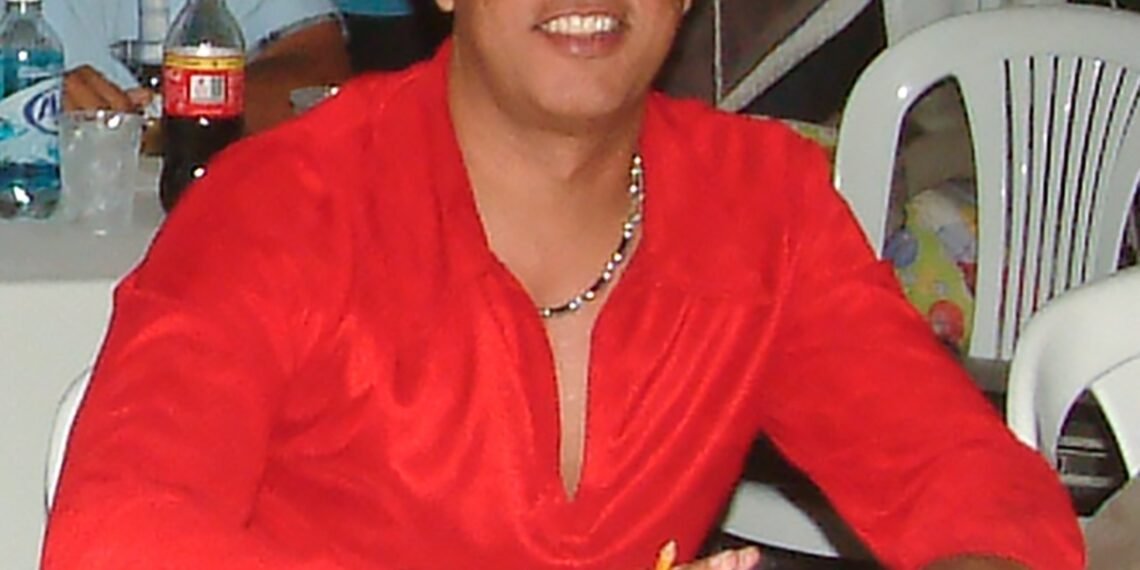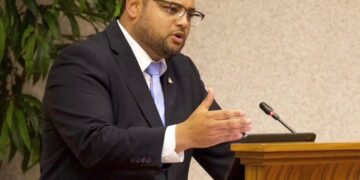Six weeks after an important court ruling, interest has once again grown among Aruban legal experts in the Netherlands regarding the unsolved case of John Anthony “Poentje” Castro, an Aruban journalist who was found dead in 2010. The case continues to evoke sadness and concern within Aruba’s media community, as justice has yet to be served more than a decade later.
Luis Villegas, a former freelance journalist from Aruba who is now pursuing a Master’s in Constitutional and Administrative Law at the University of Amsterdam, has taken a strong interest in the case and how the investigation has been handled.
Villegas explained that he first learned about the case while in the Netherlands, through a publication marking the International Day to End Impunity for Crimes Against Journalists. “I was deeply shocked to learn that an Aruban journalist was murdered ten years ago and that no one has been held accountable since,” he said.
Using his legal knowledge, Villegas formally submitted a WOO request (public information request) to the Dutch government to make certain case documents public, since Dutch authorities were involved in parts of the forensic process. Although not all documents were released, the available information revealed serious communication problems between Aruba and the Netherlands, which likely contributed to delays in the investigation.
Villegas later appeared in a Dutch court after the Ministry of Justice refused to release some files. During this process, he noted that the case seemed to be moving again, with a new investigation opened. However, the court concluded there was not enough evidence to prosecute the main suspect. Documents show that during the original investigation, much forensic material and several key documents were lost, leaving the case file incomplete.
Villegas emphasized that his main goal is to keep the public’s attention on justice for Poentje Castro: “This crime is not only a personal tragedy but also a serious blow to press freedom in Aruba. If a journalist can be killed and after ten years there’s still no justice, what message does that send to those who want to continue doing critical journalism?”
The Raad van State (Dutch Council of State) has been critical of how the Ministry of Justice managed the case. The public is now awaiting the release of forensic documents from the Netherlands Forensic Institute (NFI) — including the analysis of Castro’s BlackBerry smartphone, which contained his last messages, and other crucial forensic evidence from the crime scene such as blood-stained clothing. A new decision from the Raad van State is expected in about six weeks, according to Villegas.
Photo Credits : https://diario.aw/categories/noticia/general/buskeda-pa-husticia-y-claridad-ta-sigui-despues-di-mas-cu-10-ana





















Discussion about this post